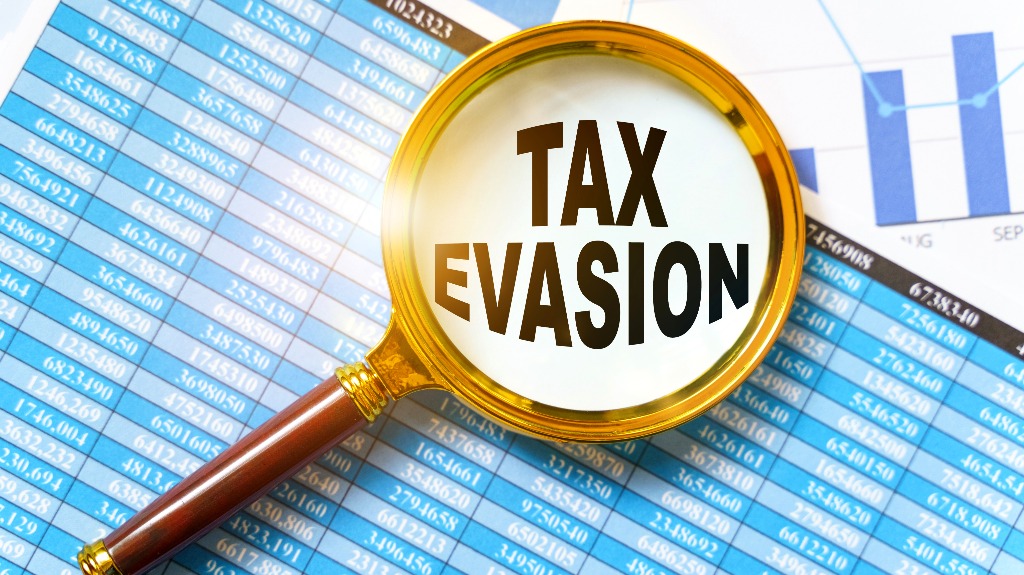What Is Tax Evasion and How Is It Prosecuted in North Carolina?
Tax evasion is a serious criminal offense, both at the federal level and here in North Carolina. It includes intentional acts like underreporting income, falsifying returns, or failing to file altogether. When investigators detect fraud, prosecution can follow quickly.
In North Carolina, the Department of Revenue (NCDOR) has broad power to investigate and charge individuals or businesses suspected of state tax violations. And the consequences? Fines, penalties, and even prison time.
So what exactly qualifies as tax evasion, and how does the state build its case?
Defining Tax Evasion in North Carolina
Tax evasion happens when a person or business willfully tries to avoid paying taxes they owe. This goes beyond honest errors or late filings. Evasion involves intentional acts to mislead or defraud tax authorities.
Common examples include:
- Failing to report income
- Claiming false deductions or credits
- Using fake documents
- Hiding money in offshore accounts
- Underreporting cash transactions
- Not filing returns to avoid detection
Intent is key. The government must prove that the individual knowingly took steps to avoid paying taxes. Simple negligence or filing mistakes usually result in penalties or audits, not criminal charges.
State vs. Federal Tax Evasion
Tax evasion can be prosecuted at both the state and federal levels, depending on the circumstances.
In North Carolina, tax crimes fall under NC General Statutes § 105-236. The law covers a wide range of violations, including failure to file, filing false returns, and tax fraud. Some offenses are misdemeanors. Others are felonies.
At the federal level, the Internal Revenue Service (IRS) investigates violations under the Internal Revenue Code. Federal tax evasion is usually charged under 26 U.S. Code § 7201, a felony punishable by up to five years in prison and large fines.
Sometimes, state and federal agencies work together. For example, if a business is under investigation for tax fraud in multiple states, or if the amount involved is large, both the IRS and NCDOR may pursue charges.
How Is Tax Evasion Investigated?
Tax evasion cases usually start with an audit or a red flag in a return. This could come from:
- Inconsistent financial records
- Anonymous tips or whistleblowers
- Mismatched income reports (like W-2s or 1099s)
- Patterns of non-filing or suspicious deductions
The NCDOR has its own criminal investigations division. If they suspect fraud, they can dig deeper by pulling bank records, interviewing witnesses, or issuing subpoenas. In serious cases, they may refer the case to the district attorney or the U.S. Attorney’s Office for prosecution.
What Happens If You’re Charged?
Being charged with tax evasion in North Carolina can be overwhelming. You may face:
- Criminal charges (misdemeanor or felony)
- Civil penalties and interest
- Seizure of assets
- Wage garnishment
- Jail or prison time
If you’re under investigation, it’s crucial to speak with a criminal defense attorney who understands both tax law and the local legal system. Tax cases are complex, and even a single statement can harm your defense.

Can You Avoid Charges?
In some cases, yes. Voluntary disclosure programs may allow you to come forward, file amended returns, and pay what you owe without facing criminal prosecution. These programs don’t apply to everyone and often depend on timing. Acting quickly matters.
Even if you’ve already been contacted by the NCDOR or IRS, having legal representation can help you negotiate outcomes that minimize the damage.
Speak With a North Carolina Tax Defense Attorney
Tax evasion isn’t just about numbers. It’s about intent, records, timing, and your future. If you’re being audited, investigated, or charged, you need a legal professional who understands both the law and the local process.
At Ryan Willis Law, we help individuals and business owners protect their rights and navigate complex state and federal tax cases. Whether you made a mistake or are facing false accusations, we are here to help.Contact us today for a confidential consultation.


